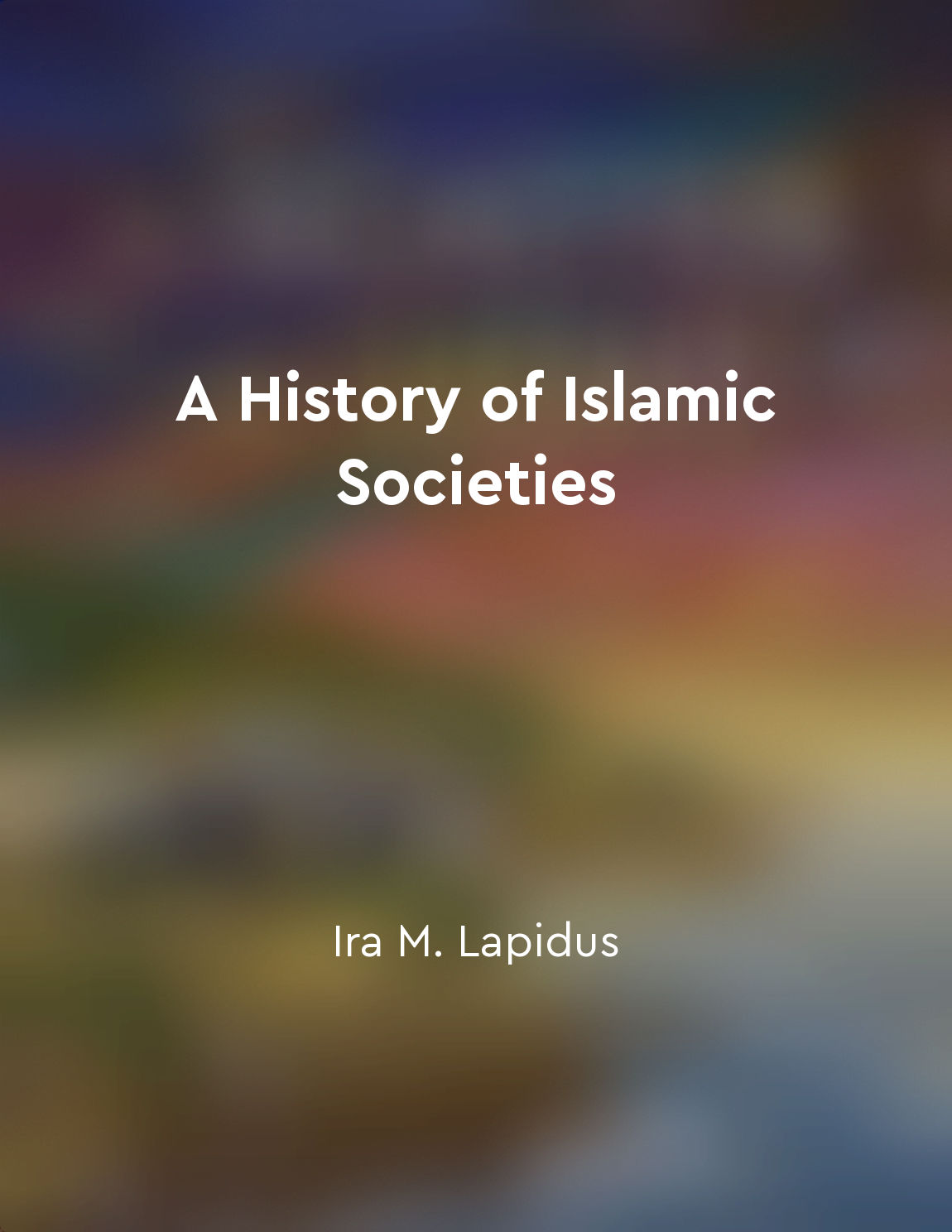The cultural and religious factors driving jihadist ideology from "summary" of The Looming Tower by Lawrence Wright
The roots of jihadist ideology run deep in the cultural and religious history of the Muslim world. Many scholars trace the origins of this ideology to the writings of Sayyid Qutb, an Egyptian intellectual who was deeply disturbed by the moral decay he witnessed in the West. Qutb believed that Western values were corrupting Muslim societies, and he called for a return to the pure teachings of Islam. Qutb's ideas gained traction among disaffected Muslims who felt marginalized by the modern world. These individuals were drawn to the idea of a utopian Islamic state governed by Sharia law. They saw themselves as warriors in a cosmic battle between good and evil, with the West representing the forces of darkness. The concept of jihad, or holy war, plays a central role in jihadist ideology. For many jihadists, the struggle against the West is not just a physical battle, but a spiritual one as well. They see themselves as fighting to defend the honor of Islam and to establish a global caliphate that will unite all Muslims under one ruler. Religious texts play a crucial role in shaping jihadist ideology. Extremist clerics often use selective readings of the Quran and the Hadith to justify acts of violence against non-believers. They argue that it is a religious duty for Muslims to wage war against the enemies of Islam, and that martyrdom is the highest form of devotion. The social and political context in which jihadist ideology emerges is also important to consider. In many Muslim-majority countries, political repression, economic hardship, and social inequality have created fertile ground for extremist groups to recruit new members. These groups offer a sense of purpose and belonging to disaffected youth who feel alienated from mainstream society.- The cultural and religious factors that drive jihadist ideology are complex and multifaceted. They are rooted in a deep sense of grievance and a desire for moral purity, as well as in a distorted interpretation of Islamic scripture. Understanding these factors is crucial for developing effective strategies to combat extremism and promote peace and stability in the Muslim world.
Similar Posts
The rivalry between the CIA and the FBI
The feud between the CIA and the FBI was one of the most enduring and consequential rivalries in the history of American intell...
By deconstructing the myth of religious violence, we can work towards a more peaceful world
In the popular imagination, religion is often seen as the root cause of violence in the world. However, this view oversimplifie...

The caliphate was a key political institution in early Islamic societies
The caliphate, as a political institution, played a crucial role in the early Islamic societies. It was established after the d...
The root causes of extremism in the Muslim world
Lawrence Wright delves into the complex issue of extremism in the Muslim world, shedding light on the underlying factors that d...

